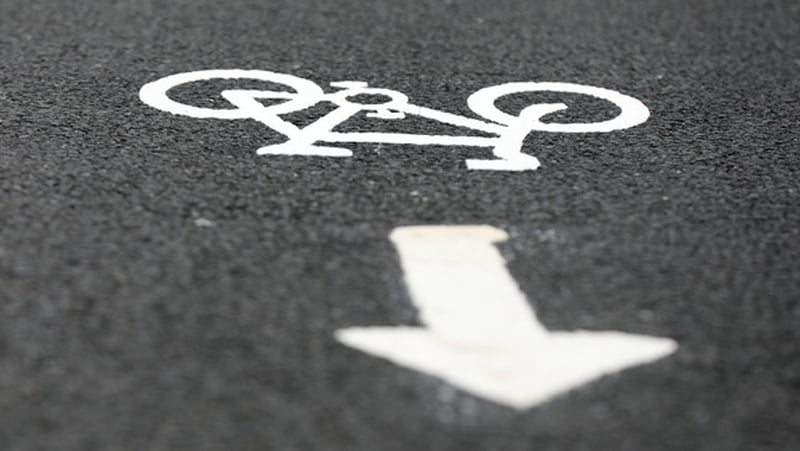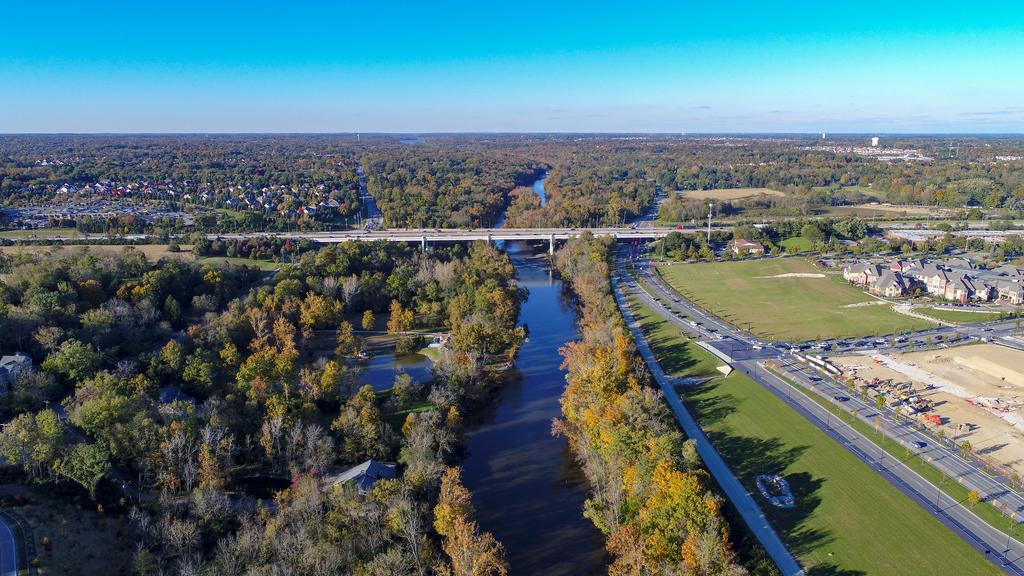
Dublin city is to get two new cycle gates on roads where cars will be prevented from travelling through, according to council plans.
One will be trialled in Grangegorman in the north city. The other, in Ringsend, is being put to local councillors for consideration.
The announcements were made as part of update to councillors on the mobility plan to respond to Covid-19.
The cycle gate or “filtered permeability” in Grangegorman will be installed outside the Technology University Dublin entrance on Grangegorman Road Lower next month.
Green Cllr Janet Horner said the move was requested by local residents because of motorists using it as a through road.
Another cycle gate will be introduced on Pigeon House Road in Ringsend for a four-week trial period if local councillors agree.
The cycle gates are likely to involve bollards or planters.
Independent Cllr Mannix Flynn criticised the plans saying extra cycling space on the quays is not being used and accused Dublin City Council management of introducing traffic changes “by stealth”.
Meanwhile, the report shows that traffic volumes are back to 75% of normal levels as the council puts in place measures to give more space to pedestrians and cyclists.
The report from Lord Mayor Tom Brabazon and chief executive Owen Keegan lists the measures already in place such as the suspension of parking and loading bays to allow for extra pedestrian space, moving out a bus stop on North Circular Road to widen a footpath, contraflow cycle lanes, protected cycle lanes, and the roll-out of 1,000 cycle parking spaces around the city.
A public consultation to introduce a 30km/h limit on many main commuter routes will go out to public consultation on 2 July.

Recent Comments